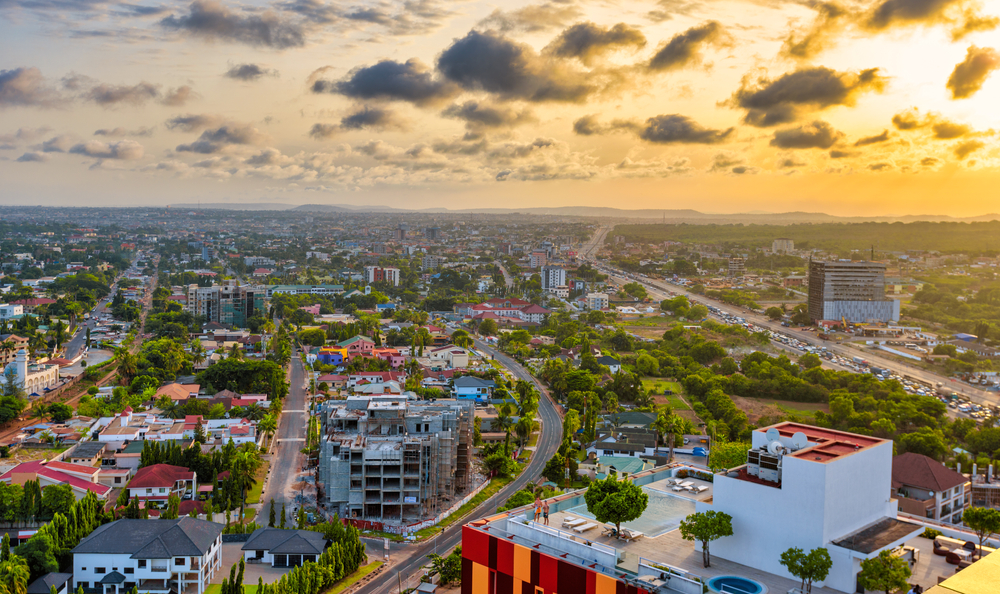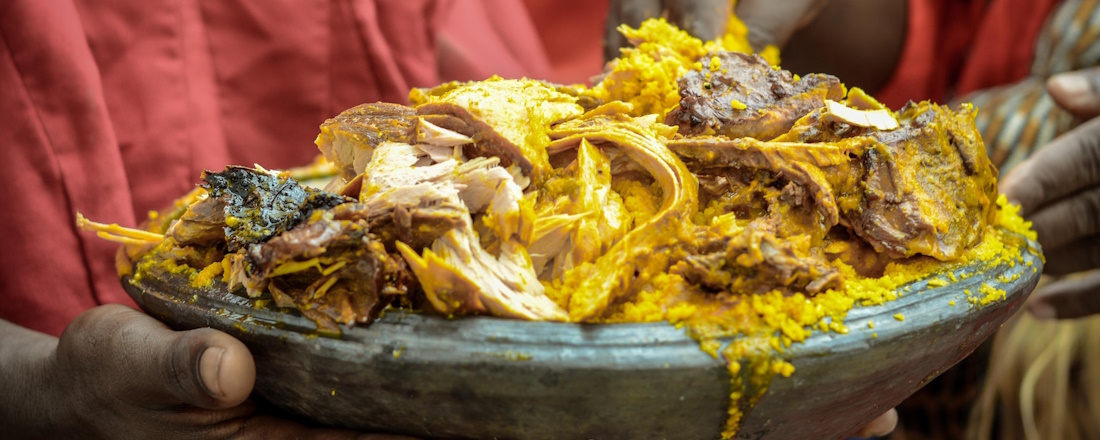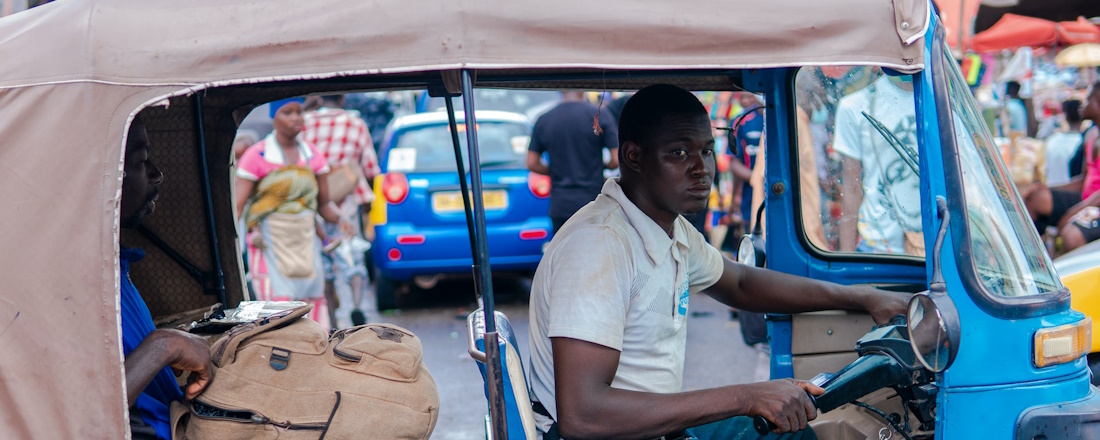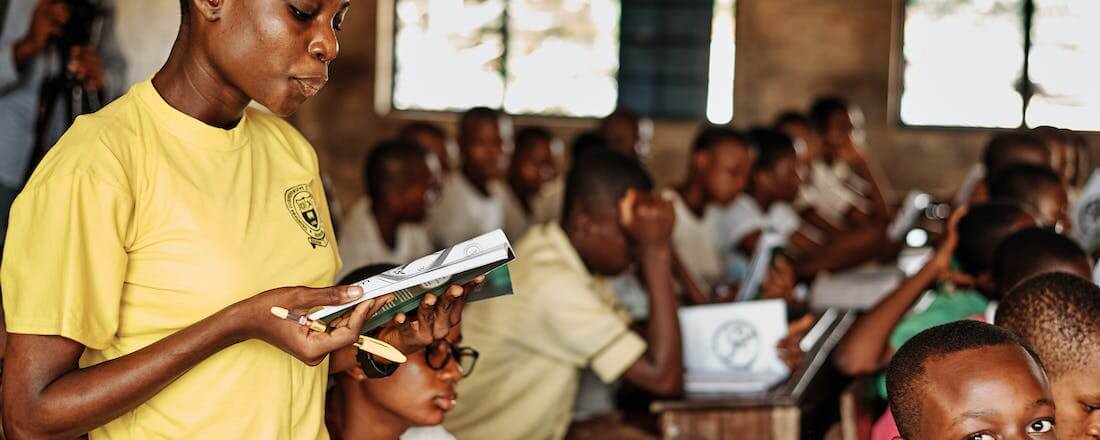New arrivals to Ghana should make finding suitable accommodation their first priority, as it will play a significant role in deciding the quality of life in their new country.
For those moving to Ghana to work for a national embassy, a large multinational corporation or an international development agency, accommodation is often provided as part of their employment package. On the other hand, independent workers, entrepreneurs, university researchers and volunteers are typically faced with the daunting task of finding safe, affordable housing for themselves in an unfamiliar country where suitable accommodation is in short supply.
Expats living in Ghana’s major cities, such as Accra, Kumasi and Takoradi, should expect to pay more than those living in rural areas.
Types of accommodation in Ghana
Accommodation in Ghana might not be overly abundant. Still, those moving to Ghana will find various housing options available to them, from extensive family homes with gardens to luxury apartments in modern complexes.
While the standard of housing is decent, the cost of utilities to meet Western standards can be high, pushing the cost of living. Due to electricity cuts and water shortages, one should invest in a generator, power inverters and a water tank or find a property with an existing borehole. Air-conditioning is another essential factor to consider for Ghana’s climate.
Furnished or unfurnished
Many foreigners moving to Ghana only work on short-term contracts, so fully furnished accommodation tends to be the most popular. Apartments often come furnished in Ghana, but houses are usually semi-furnished or unfurnished – fortunately, furniture can be sourced easily and cheaply through local suppliers. Most expats do not remain in Ghana for more than a few years, so having goods shipped from home may not make much sense.
Short lets
Short-term leases are ideal for those not looking to commit to a long-term lease. These are typically available for periods ranging from a few days to several months. They are especially popular among tourists, business travellers and expats on brief assignments. These accommodations often come fully furnished, with utilities included in the rent, offering a hassle-free stay.
Airbnb and meQasa are popular options for short-term rentals in Ghana.
Finding accommodation in Ghana

There are various ways to find rental properties in Ghana. Those searching for homes on their own should consider using the services of a real-estate agent. These professionals will have a better understanding of the property market in Ghana and can help foreigners find properties that may not be listed publicly. Relocation companies can also aid in searching for accommodation while offering additional assistance with other aspects of the move, such as obtaining a visa and shipping goods.
Networking can also be a valuable tool in the housing search process. Expats with friends or acquaintances in Ghana can tap into their knowledge and connections. Joining expat groups or forums online can also provide insights and recommendations from those who have been through the process before.
Otherwise, new arrivals may also find homes through property listings in local newspapers and online property portals.
Useful links
- Explore properties on meQasa, one of Ghana’s leading online property portals.
- Discover various housing options on Prophunt, a user-friendly real estate platform in Ghana.
- Consider ExpatGH Relocation Services for assistance in moving to Ghana and finding accommodation.
Renting accommodation in Ghana
Once suitable accommodation has been found, potential tenants should ensure they fully understand the lease agreement and the complexities of deposits and utilities.
Rental law in Ghana does little to protect tenants, so foreigners should take care not to be exploited. Landlords have been known to inflate rent and adjust the lease agreement in their favour when renting to expats. It’s advised to sign a detailed inventory of furniture and equipment and take note of the general condition of rooms and features.
Rental process
Initiating the rental process in Ghana typically starts with viewing properties. Once a suitable property is identified, negotiations on the rent and terms begin. After both parties agree, a lease agreement is drafted detailing the terms and conditions of the rental. It’s crucial to review this document thoroughly and, if possible, have it vetted by a local lawyer.
Upon signing the lease, the agreed-upon advance payment is made, and the keys are handed over. It’s also a good practice to document the property’s condition at the time of moving in to avoid disputes during the lease termination.
Leases
What may shock foreign tenants are the unusual lease agreements. Often, six months’ rent is expected in advance to secure a lease. This is likely to be impossible for many people, especially given the high rental costs in the first place. Those who can afford it may prefer this option, giving the rent upfront to ensure the payment is secure.
Some Ghanaian landlords may expect a whole year or even up to three years’ rent in advance despite contradictory legislation that states that six months is the maximum permitted by law.
Lease duration often depends on the advance payment and tends to be two to five years, allowing for negotiable renewal. Despite the trend of requiring upfront annual rent payments, many furnished apartments and short-term leases, especially those aimed at foreigners, require monthly payments.
Deposits
Due to the considerable rent advancements, many Ghanaian landlords might not expect a security deposit, although some may require an amount equal to half a month’s rent. Landlords are known to delay repaying deposit money, especially in early lease terminations, so expats should be aware of this possibility before signing the lease and research the legal routes to follow if this does happen.
Terminating the lease
Tenants who wish to terminate the lease early typically require three months’ notice. Terminating a lease agreement in Ghana can be straightforward if both parties agree. If there are disputes, it’s essential to refer to the lease document and adhere to the stipulated terms. In cases where the landlord is uncooperative, seeking legal counsel might be necessary. It’s also advisable to maintain open communication with the landlord throughout the stay to foster a good relationship.
Utilities in Ghana
In addition to the often high cost of rent, expats also need to consider the cost of utilities and maintenance. For those living in apartment complexes, most utilities will be taken care of by the building management, and for this reason, most new arrivals opt to live in such complexes instead of renting a standalone house.
While water is often included in the rent, most buildings have separate electricity meters, so electricity, mainly prepaid, is an additional cost. Where parking is available, the parking space is usually free or inclusive.
Electricity
Electricity in Ghana is primarily generated from hydro and thermal sources. Expats should be aware of occasional power outages, which can be mitigated with backup generators or inverters. Prepaid electricity meters are standard, requiring users to purchase credits in advance.
It’s essential to monitor usage to avoid running out of credits unexpectedly. Bills for postpaid meters are usually sent monthly, and prompt payment is advised to prevent disconnections.
Gas
Most households in Ghana use bottled gas for cooking. These gas cylinders can be purchased and refilled at designated stations. It’s crucial to ensure that gas installations are safe and regularly checked for leaks to prevent accidents.
Some modern apartment complexes might have piped gas, which is billed monthly based on consumption. It’s essential to be aware of the safety protocols associated with gas usage.
Water
While tap water in major cities is generally safe for consumption, boiling or filtering it before drinking is advisable. Relying on boreholes or wells might be necessary in some areas, especially rural ones. It’s essential to store backup water for times when there are shortages.
Water bills are typically sent monthly, and timely payment ensures uninterrupted service. Water costs might be included in the rent or service charges in properties with shared facilities.
Rubbish and recycling
Waste disposal services vary across regions in Ghana. In urban areas, regular rubbish collection is provided by municipal or private companies. Households are expected to dispose of their waste in designated bins or collection points.
Recycling is not widespread, but there are initiatives in place in some areas. Expats can contribute to environmental conservation by reducing waste and participating in local recycling programmes where available.
Internet and mobile
Telecommunication services in Ghana are reliable, with several major providers offering mobile, internet and landline services. Internet speeds are decent in urban areas but might be slower in rural regions. Expats can choose from various packages based on their needs and budget.
International calling and roaming services are available, but using local SIM cards and internet-based calling apps for international communication is often more cost-effective.
Useful links







